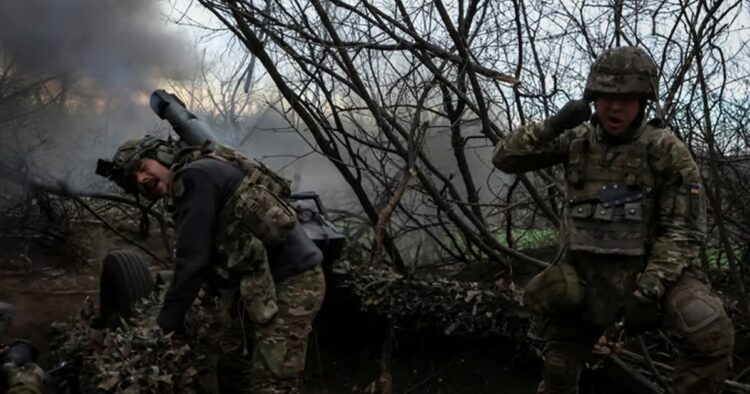In a recent development, the United States has made a significant transfer of weapons and ammunition to Ukraine, aiding the country’s ongoing conflict against Russian forces. The move comes as Ukraine faces shortages in weaponry and ammunition on the battlefield.
The transfer, which occurred on April 4, 2024, involved thousands of infantry weapons and over 500,000 rounds of ammunition seized from Iran. These weapons, including machine guns, sniper rifles, and rocket launchers, were initially intercepted while en route to Houthi forces in Yemen over a year ago.
The U.S. Central Command (CENTCOM) disclosed that the seized materials were obtained from four separate stateless vessels between May 2021 and February 2023. However, the U.S. government gained ownership of the equipment only last December through the Justice Department’s civil forfeiture process.
This transfer marks another instance of the U.S. repurposing seized Iranian military equipment to support Ukraine. In October, over one million rounds of seized Iranian ammunition were provided to the Ukrainian armed forces.
The Biden administration has been actively engaged in legally facilitating the transfer of these seized weapons, which were stored in CENTCOM facilities across the Middle East, to bolster Ukraine’s defense against Russian aggression.
According to reports, the transferred weapons and ammunition are sufficient to equip one Ukrainian brigade, consisting of approximately 4,000 personnel, with small arms rifles. This infusion of weaponry is expected to enhance Ukraine’s capabilities in defending itself against Russia’s invasion.
The ongoing conflict between Ukraine and Russia has drawn international attention, with various nations providing support to Ukraine in its struggle for sovereignty. The recent transfer of seized Iranian weapons underscores the United States’ commitment to assisting Ukraine in its fight against external aggression.
As Ukraine continues to face challenges on the battlefield, the support from allies like the United States becomes increasingly crucial in ensuring its defense and stability amidst ongoing conflict with Russia.

















Comments